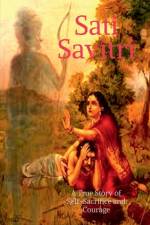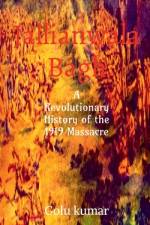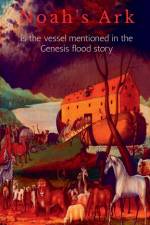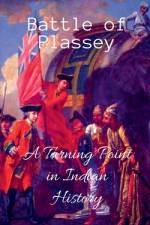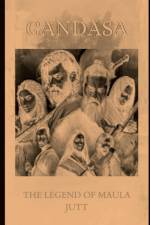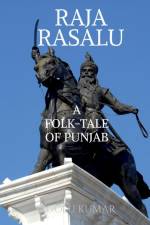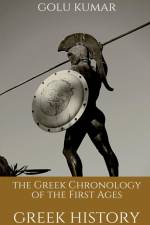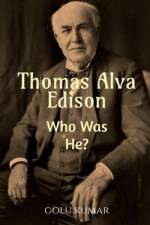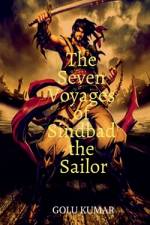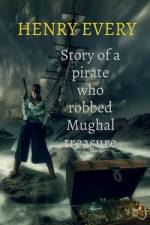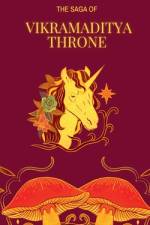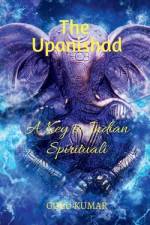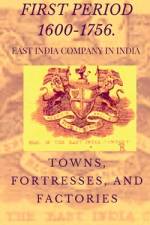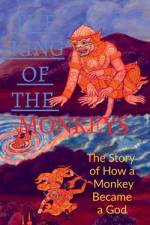av Golu Kumar
149,-
Britain was quickly overtaking France as the most powerful country in Europe, a position France had long thought to be hers. However, because France still controlled the strongest continental force, Britain believed its best chances for growth were in the East. Nawab Siraj-ud-daulah, the ruler of Bengal, attempted to expel the British from the subcontinent as Britain's power grew through its official commercial arm, the East India Company, and he turned to France for assistance. Intimate campaigns were conducted during the ensuing conflict by captains, occasionally colonels, and small companies rather than large battalions. Individuals, not anonymous hordes, fought in these conflicts; some were heroes, others were cowards, and the majority were rogues in the making. Alexander Grant, a Jacobite who first escaped from Culloden and then, Flashman-like, was literally the last man into the last boat to escape Calcutta and the infamous Black Hole, are also featured in the story in addition to Robert Clive, a clerk from Shropshire who became effectively an emperor. Eyre Coote, an Irishman who engaged in combat with everyone he met, and Alexander Grant, a Jacobite who first escaped from Cull Robert Clive's astounding victory at Plassey, where 3,000 British and sepoy troops destroyed Siraj-ud-18,000-strong Daulah's Franco-Bengali army in about 40 minutes, marked the end of the fighting. Following the victory at Plassey in 1757, Britain assumed a dominant position in India,

